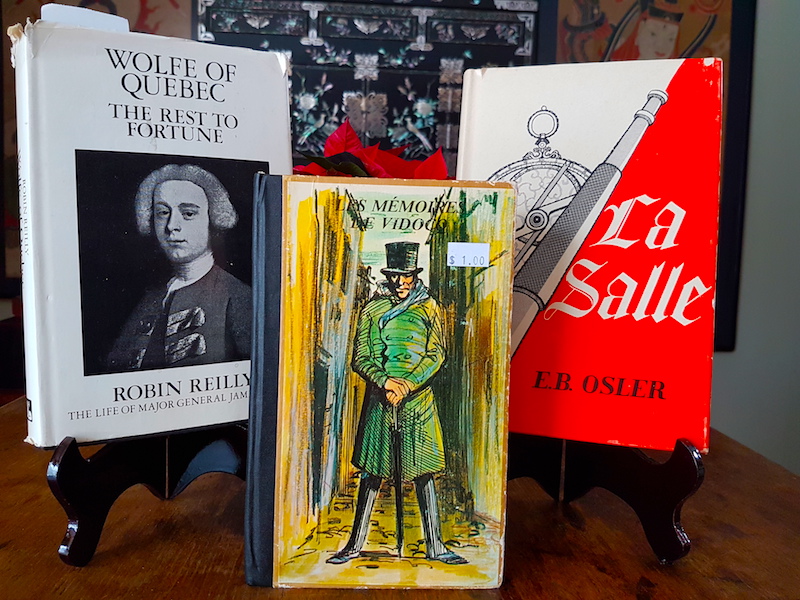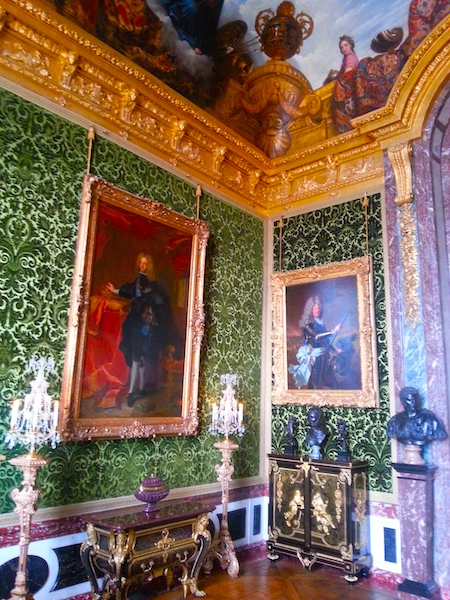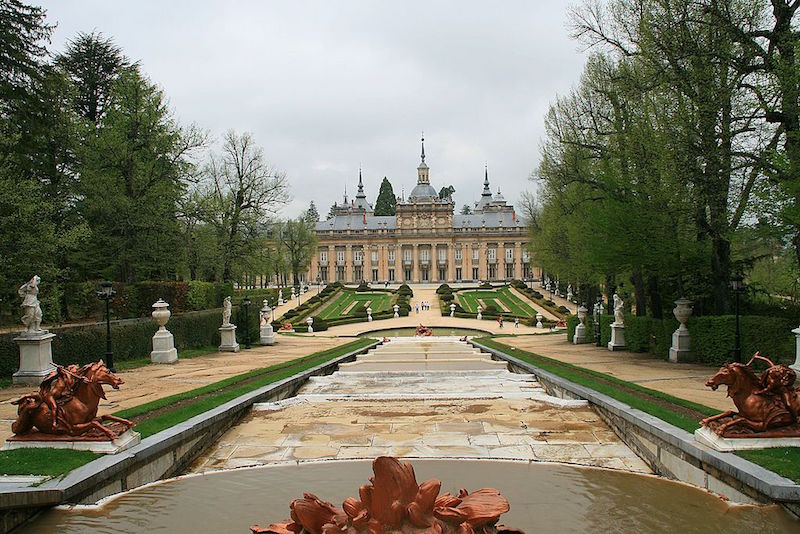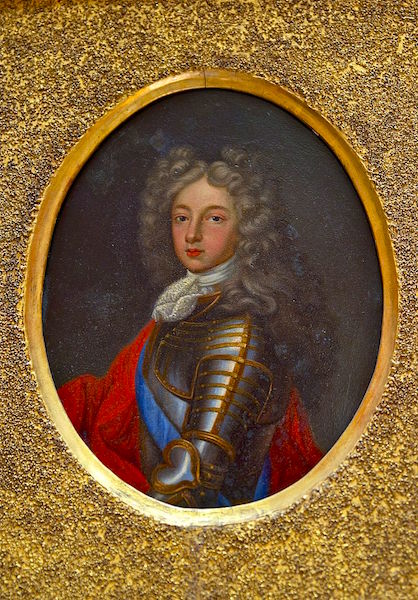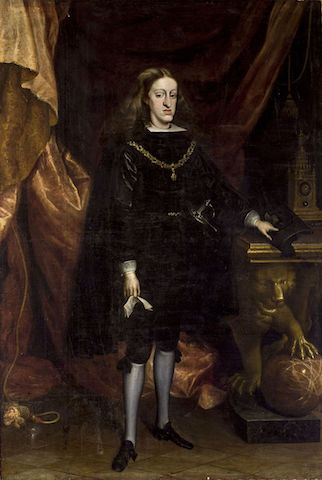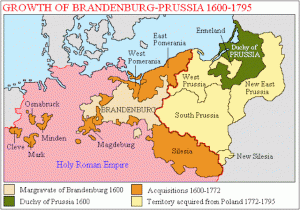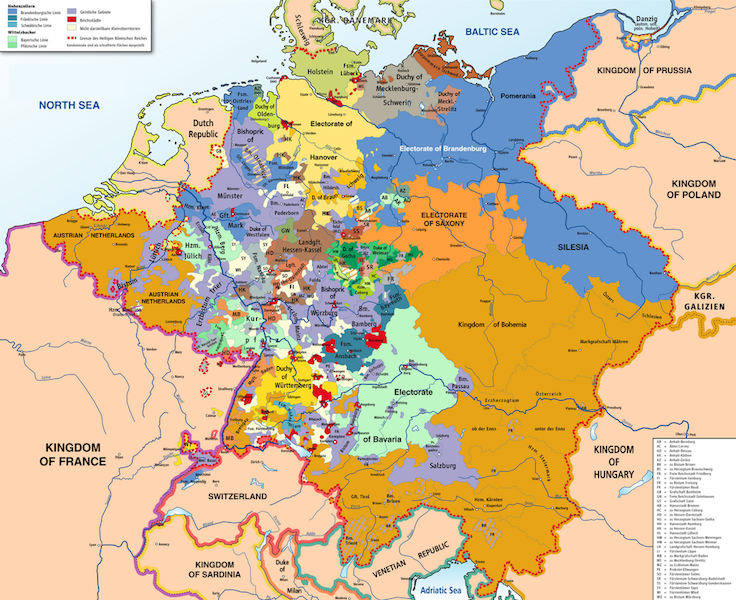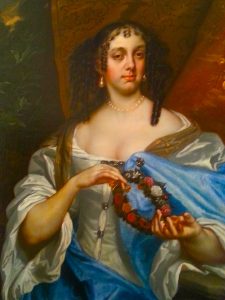Frederick II (1712-1786) of Prussia, called the Great, was avowedly francophile. Raised by a French governess and always more comfortable speaking French than German, he read and wrote almost exclusively in the language of Molière. It’s perhaps surprising, therefore, to realize that he only ever set foot in France once in his long life.
In August of 1740, a few months after his accession to the throne, he went on a tour of his Rhenish possessions, tantalizingly close to the French frontier. He couldn’t resist slipping into Strasbourg incognito. Not only was Strasbourg a French city, it was a garrison town, thus allowing Frederick to combine business with pleasure: he could visit the fabled country of which he’d heard so much and at the same time gather military intelligence. Fortunately for us, a young French officer who encountered the King left an eyewitness account of this unofficial visit in his memoirs. More fortunately still, I picked up a copy of the newly issued edition of these memoirs, Souvenirs du Marquis de Valfons, in the bookshop at Versailles on my visit there in late March, 2016.
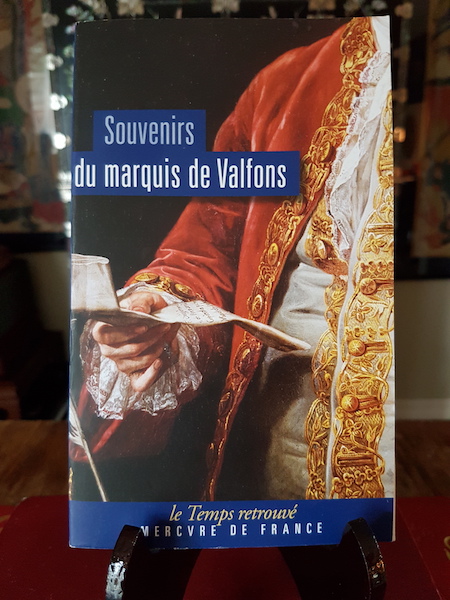
I had never heard of this Valfons before. Born in 1710, he served in Louis XV’s army for several decades. Apparently very handsome, he also cut a swathe through the court and high society in Paris. In 1740, he was serving in the Piedmont regiment, which at that time was stationed in Strasbourg. As far as I can make out, his memoirs have never been published in English. What follows, therefore, is my own translation of the pages about Frederick’s brief sojourn in Strasbourg.
Continue reading
